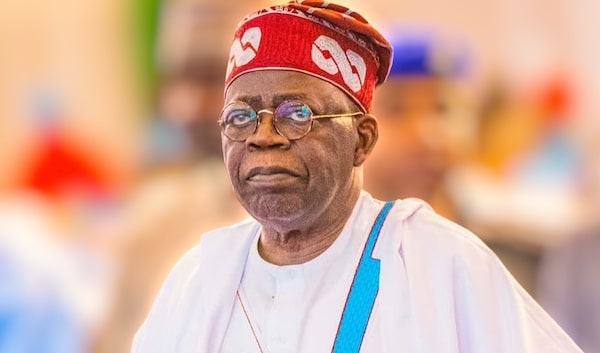
The call followed Tinubu’s recent address at the United Nations General Assembly, where he called for increased international cooperation with Nigeria and African nations to achieve the 2030 Sustainable Development Goals.
The PUNCH reports he solicited help to re-establish democratic governance in a manner that addresses the political and economic challenges confronting that nation, including the violent extremists who seek to foment instability in our region.
The President emphasised the unique economic challenges faced by Africa, distinct from Europe’s historical context, underscores the need for robust and enhanced cooperation to address its development challenges.
Nigeria Director of the campaign, Stanley Achonu, in a communique on Friday said, “President Tinubu’s call for a fairer partnership is timely. Nigeria and many African nations are grappling with the lack of affordable capital to drive development agendas. Wealthy nations must expedite efforts to reform the World Bank and ensure accessible financing for Africa.”
He added that due to a lack of access to affordable financing, African countries are burdened with a 500 per cent higher cost when borrowing from capital markets instead of accessing capital from international institutions like the World Bank.
While commending the President’s efforts to promote global partnerships, he called for decisive domestic action and policy coherence in crucial areas fundamental to Nigeria’s progress, including fiscal management and subsidy removal, health systems strengthening, industrialisation and job creation, climate action, and poverty alleviation.
“Real progress begins at home. The President must set an example in addressing pressing national issues. He must demonstrate a steadfast commitment to domestic policy reforms, especially those that have garnered praise from both national and international experts, such as the removal of fuel subsidies. Policy coherence is the cornerstone of economic and national stability. Recent reports suggesting the potential reinstatement of the fuel subsidy are disheartening. The federal government must uphold its commitment to subsidy removal, ensuring that its positive impact resonates with underprivileged citizens through strategic investments in vital sectors and the meticulous execution of short-term palliative measures,” Achonu added.
He noted the need for a reduction of the cost of governance, ensuring that vulnerable Nigerians are not the only ones making tough sacrifices, adding that by implementing the Orosanye report, the government can immediately begin a process of re-prioritizing resources for critical sectors.





